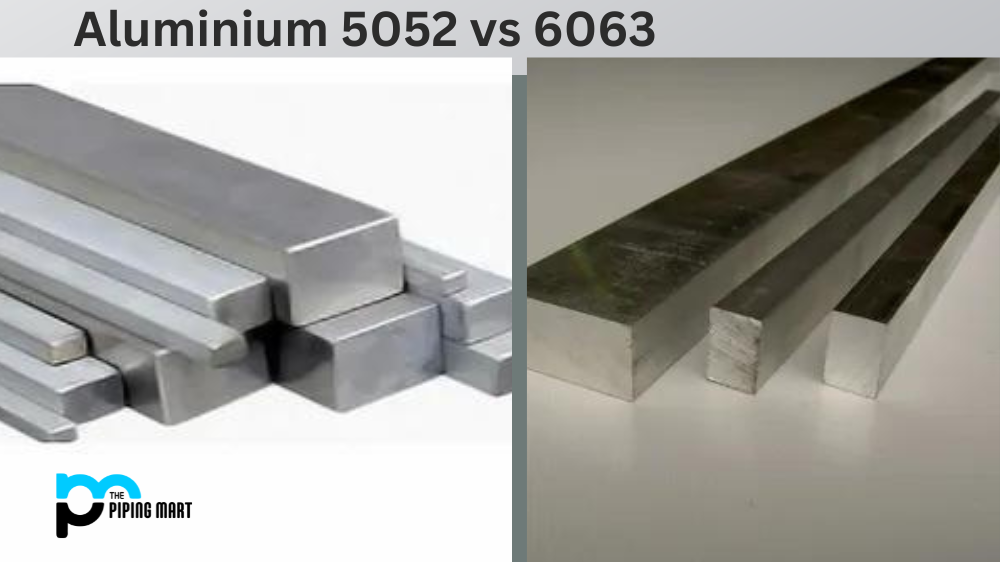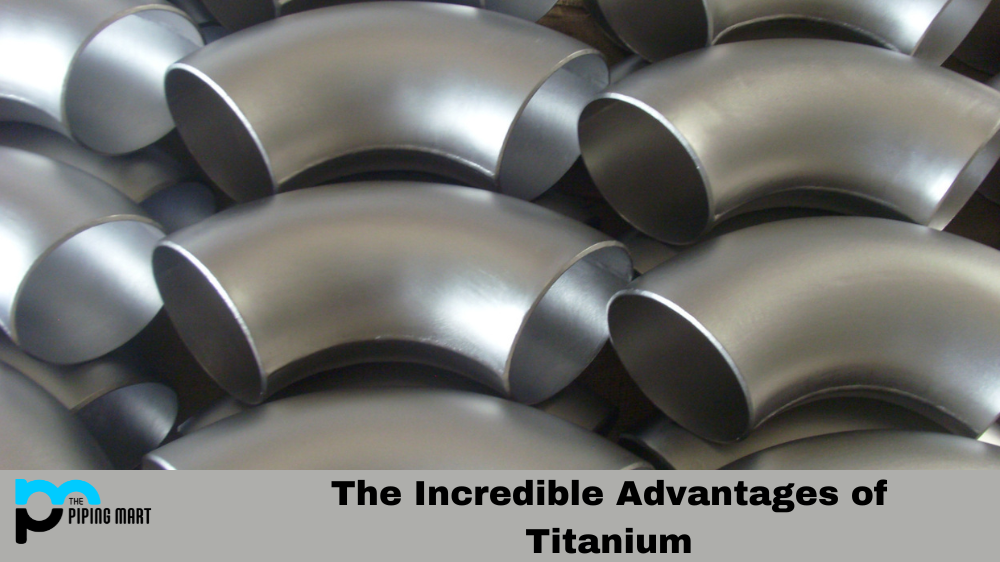Aluminum is a strong material used in various industries, including construction and transportation. Among the alloys available in the market, aluminium 5052 and 6063 are two of the most popular options. They are versatile, durable, and cost-effective, making them a go-to choice for several applications. However, there are significant differences between the two formulations that every buyer should understand. In this blog, we’ll discuss those differences and their impact on their applications to help you make an informed decision.
Aluminium 5052
Aluminium 5052 is an alloy that contains 2.5% magnesium and 0.25% chromium. It is widely used in the automotive industry due to its high strength and corrosion resistance. It can also be easily welded and formed, making it ideal for various applications.
Aluminium 6063
Aluminium 6063 is an alloy that contains 1.0% magnesium and 0.6% silicon. It is the most common 6000 series alloy, as it is solid and easy to extrude. It has many applications, including frames, pipes, and architectural components.
Difference Between Aluminium 5052 and 6063
Composition
Aluminum 5052 is an alloy of aluminium, magnesium, and chromium. It has excellent corrosion resistance and weldability, making it ideal for marine and chemical applications. On the other hand, aluminium 6063 is a heat-treatable alloy made of aluminium, silicon, and magnesium. It has high tensile strength and is ideal for architectural and household applications, such as doors and window frames.
Formability
5052 aluminium has high formability and can easily be bent, shaped, or worked into the desired shape. It is often used for complex designs, such as manufacturing aircraft fuel tanks, marine components, and electronic appliances. 6063 aluminium has moderate formability and is usually extruded into intricate shapes. Therefore, it is a preferred choice for pipelines, tubing, and window frames that require customizations.
Appearance
Aluminum 5052 has a silvery-white appearance, which makes it easy to paint or plate. It also has an anodized finish, which provides enhanced resistance from the elements. Meanwhile, aluminium 6063 has a smoother surface finish with a slight sheen, making it an excellent choice for decorative uses. It is also ideal for powder coating, which helps to enhance durability.
Strength
Aluminum 5052 has moderate strength and is more prone to bending and warping under stress. In contrast, aluminium 6063 has a higher tensile strength and can withstand higher loads. This means that 6063 aluminium is more useful when considering load-bearing applications.
Cost
The cost of these two aluminium alloys depends on several factors, including grade, size, quantity, and market demand. Generally, aluminium 5052 is more expensive than 6063. However, this also depends on the intended use of the material.
Corrosion Resistance
Another significant difference between 5052 and 6063 aluminium is their corrosion resistance. 5052 aluminium has excellent corrosion resistance due to the presence of magnesium in its composition. 6063 aluminium also has good corrosion resistance, but it is better than 5052 aluminium due to the fact of silicon in its design.
Weldability
5052 and 6063 aluminium also differ in weldability; 5052 aluminium can be readily welded, while 6063 aluminium cannot be easily welded. This difference is due to the different compositions of each alloy; 5052 aluminium contains more magnesium, which makes it easier to solder, while 6063 aluminium contains more silicon, which makes it difficult to weld.
Conclusion
In conclusion, there are significant differences between aluminium 5052 and 6063, which makes them suited to different applications. The choice between the two depends on various factors such as project requirements, budget, and quality standards. By understanding the differences in composition, formability, strength, appearance, and cost, you can decide which alloy best suits your needs. Whichever alloy you choose will undoubtedly provide excellent durability, versatility, and longevity, ensuring your project succeeds.

Pipingmart is a B2B portal that specializes in metal, industrial and piping items. Additionally, we share the latest information and information about materials, products and various types of grades to assist businesses that are involved in this business.




